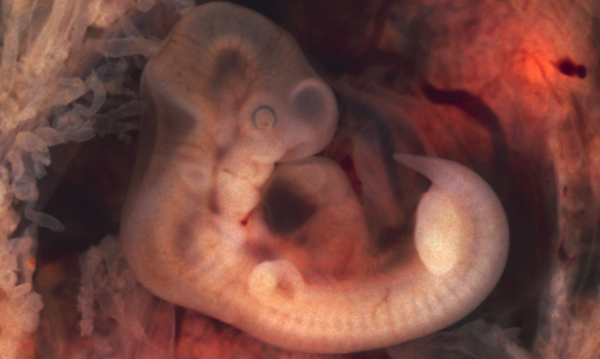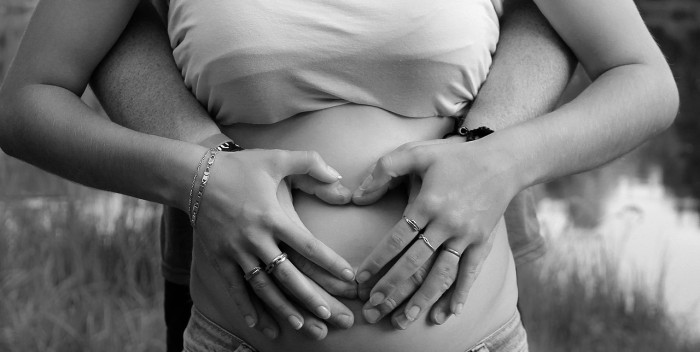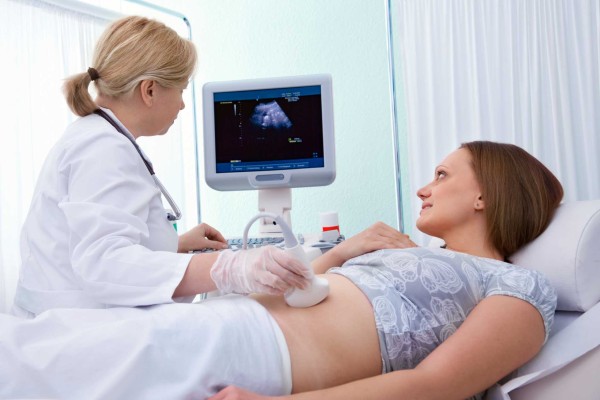4th week of pregnancy: how the fetus develops and what happens in the body
If you could only assume the first three weeks of pregnancy, then in the fourth week you can speak in the affirmative about it. The fourth week of pregnancy by obstetric standards is the second week after conception. Although the baby has yet to be carried for eight months, development is already taking place at a very rapid pace.
Content
Signs of pregnancy at 4 weeks
Right now, the expectant mother is likely to notice the first signs of a completed pregnancy. In her body, a real restructuring of all systems is taking place. Even her brain is subject to pregnancy. The nervous system gradually tunes in to create favorable conditions for the development of the child, the behavior of the expectant mother becomes calmer.
At this time, the taste preferences of a pregnant woman finally change, she notices an aversion to some smells. Sometimes only one kind of dish brings nausea to the throat. Often pregnant women suffer from morning sickness.
The emotional background is also changing. Any little thing during this period can cause a nervous hysteria or resentment. At this time, the body intensively produces hCG. Its increased concentration can be detected in a laboratory study or using a home test to detect pregnancy.
Other pregnancy symptoms include:
- Delay of menstruation.
- Pain in the lower abdomen of a pulling character.
- Elevated basal temperature.
- Constant sleepiness.
4 weeks pregnant - what happens to the fetus
While it is too early to talk about the fetus in the fourth week. It is also a zygote that gradually transforms into an embryo. After the lump of cells is fixed in the wall of the uterus, real magic begins.
During this period, the size of the unborn baby does not exceed a poppy seed, but it is constantly increasing due to the continuous division of cells. The embryo now consists of several layers, which are then transformed and form the internal organs and important systems of the nascent person. The inner layer of the embryo will form the digestive organs, lungs, pancreas, and liver. The middle layer is responsible for the formation of bones, kidneys, heart and muscles. And from the outer layer, the nervous system, head and skin are formed.
 In addition to the embryo, external organs are also important for the development of the baby. These include:
In addition to the embryo, external organs are also important for the development of the baby. These include:
- Chorion, which will later become the placenta.
- Amnion, which is the embryo of the future fetal bladder.
- The yolk sac, which stores the nutritional supply for the baby.
The yolk sac is very important for the proper development of the baby. Some of his pathologies can lead to miscarriage. The pope's cells are responsible for the correct formation of extraembryonic organs.
Discharge at 4 weeks of gestation
At this time excretions can be explained by a variety of reasons. It all depends on the nature of the discharge and the symptoms that the woman experiences. Discharge of some character is due to completely normal reasons.
Transparent discharge appears due to the fact that during this period the woman usually begins menstruation. But since the pregnancy came, the menstruation did not start. Detachable of this nature should not frighten a woman. They are somewhat reminiscent of the discharge at the beginning of menstruation, but they are odorless and slightly denser in consistency.
Sometimes women have clear discharge without a pronounced odor. They do not cause any discomfort. These discharge indicate the successful implantation of the ovum and cease to appear after a few days.
Often, discharge can be explained by a high concentration of the hormone progesterone, which is in the blood, which ensures the development of the fetus in the woman's body.
If you notice brown discharge in the fourth week, then you should be alert. Especially if such discharge is accompanied by a bad smell. They can cause candidiasis. If clots and blotches of bright blood come across in the discharge, then this is most likely due to a miscarriage. In this case, it is imperative to consult a doctor as soon as possible to prevent miscarriage.
If the discharge is dark brown, has a strong unpleasant odor, and is also accompanied by bouts of sharp pain in the lower abdomen, you should seek help as soon as possible. This is how an ectopic pregnancy can manifest itself.
In some cases, venereal diseases or an injury to the cervix can lead to secretions.
Belly at 4 weeks pregnant
The transformations that take place in the body of a pregnant woman during the fourth week also affect her belly, or rather the uterus. Under the influence of pregnancy hormones, the uterus swells and becomes soft, but does not yet grow in size. Inside it, a kind of dense mucous plug is formed, which is responsible for the safe development of the embryo. She will serve as his protection during the entire pregnancy and until the very birth.
Outwardly, the belly does not yet increase and others do not understand that the woman is already pregnant. At this time, you need to protect yourself from contact with sick people. After all, even banal cold can provoke a miscarriage due to high fever. Do not drink alcohol or smoke, so as not to harm the child.






